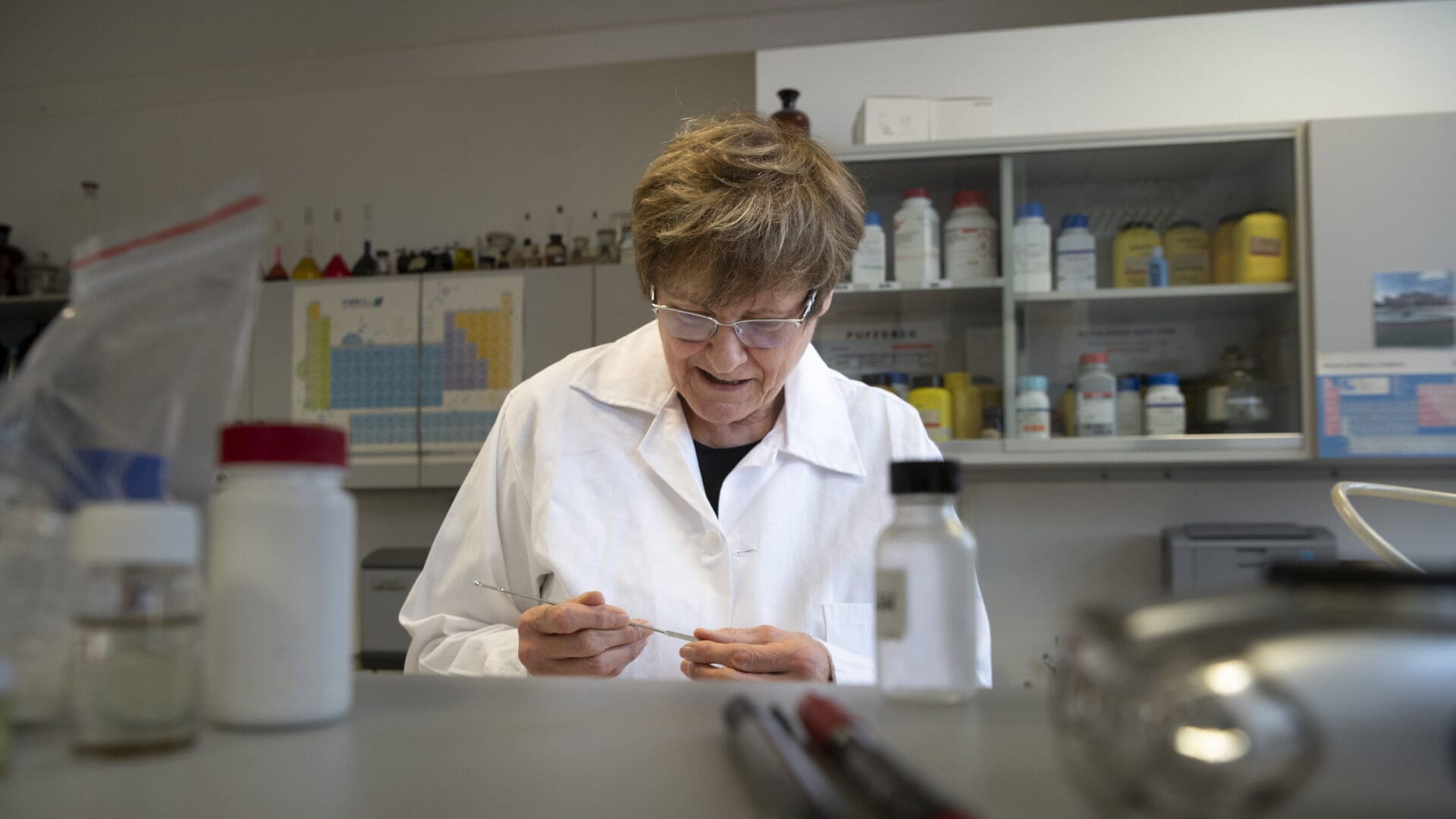At a gala event held in the US capital, renowned Hungarian scientist, recent Nobel laureate Katalin Karikó was inducted into the National Inventors Hall of Fame. Alongside her, her research partner, Drew Weismann, also received one of the most prestigious honours in American innovation and patent industry, the medal signifying membership in the Hall of Fame.
Katalin Karikó, a Hungarian biochemist living in the United States and a professor at the University of Pennsylvania and the University of Szeged, expressed to Hungarian news agency MTI that
it is not awards that serve as motivation for her research but rather the awareness that people are suffering and solutions must be found to help them.
She also noted that what matters is to be able to help people. She added that when she reads about previous recipients of such awards, she is always surprised to find herself among them.
Katalin Karikó considered it touching to meet people whose inventions are used in everyday life around the world, and to join them in this prestigious group. She also pointed out that from now on, not only her daughter, an Olympic and World Champion, is a member of the Hall of Fame for athletes, but she is now a part of a similar community of scientists.
Szabolcs Takács, Hungary’s Ambassador to the United States, said in his remarks that Hungary is very proud that Katalin Karikó ‘always emphasizes her Hungarian identity and roots.’ He stressed the importance of a broader American audience now being aware that the scientist who was a co-inventor of the vaccine that helped the world overcome a crisis a few years ago is Hungarian. Katalin Karikó continues to draw attention to Hungarian science, and her achievements greatly contribute to enhancing Hungary’s recognition and reputation in the United States, the ambassador stressed.
The National Inventors Hall of Fame was established in 1973 in collaboration with the United States Patent and Trademark Office. Over the past 50 years, approximately 610 scientists, innovators, and inventors from the United States and around the world have become members. The first inventor to receive this honour in 1973, long after his death, was Thomas Edison.
At the start of the month it was announced that Katalin Karikó and Drew Weissman have been awarded the 2023 Nobel Prize in Physiology or Medicine for their development of mRNA-based vaccine technology, which has been successfully used in the fight against the COVID-19 pandemic. The Nobel Prize committee justified its decision by stating that the discovery by the two scientists to modify nucleoside bases has enabled the development of effective mRNA vaccines against COVID-19. They noted that the researchers’ ground-breaking discoveries have completely reshaped our understanding of the interaction between messenger RNA (mRNA) and the immune system. The laureates have contributed to the unprecedented speed at which vaccines can be developed in the modern era to address one of the most significant threats to human health.
Related articles:








